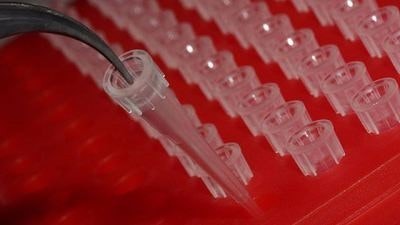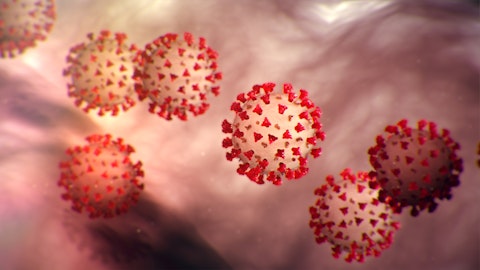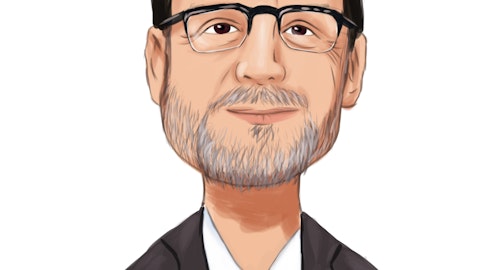Gilead Sciences (NASDAQ:GILD) surged 16% and index futures are up around 3.4% in after hours trading after an article reported anecdotal results of a University of Chicago hospital study. The hospital is participating in Gilead’s single arm study and the partial results were revealed in a video of a presentation made by an infectious disease specialist overseeing the hospital’s remdesivir study.
Keep in mind that this isn’t even a published study. According to the article, there were 113 patients with severe disease. We don’t know what percentage of these 113 patients was receiving mechanical ventilation when they were first included in this study. We don’t know exactly what percentage of these 113 patients recovered. All we know is that “most of the patients were discharged and two patients perished”. Well, how many of them are still in critical condition? We don’t know.

Here is what we know so far about remdesivir use in severe COVID-19 patients: 6 days ago a study was published in The New England Journal of Medicine presenting the outcomes of 53 severe COVID-19 patients. Based on the University of Chicago hospital’s results one would expect only 1 of these 53 severe COVID-19 patients perish, right? Well, here are the results of this published study:
“Of the 53 patients whose data were analyzed, 22 were in the United States, 22 in Europe or Canada, and 9 in Japan. At baseline, 30 patients (57%) were receiving mechanical ventilation and 4 (8%) were receiving extracorporeal membrane oxygenation. During a median follow-up of 18 days, 36 patients (68%) had an improvement in oxygen-support class, including 17 of 30 patients (57%) receiving mechanical ventilation who were extubated. A total of 25 patients (47%) were discharged, and 7 patients (13%) died; mortality was 18% (6 of 34) among patients receiving invasive ventilation and 5% (1 of 19) among those not receiving invasive ventilation.”
There you have it. This study found that mortality was 18% among patients receiving invasive ventilation and 5% among those not receiving invasive ventilation. Healthcare hedge fund manager Michael Castor shares his opinions about hydroxycholoroquine and remdesivir in the video below:
If most of the patients who participated in University of Chicago’s study were not receiving invasive ventilation, then we would expect most of these patients to recover. The probability of recovery is something like 95% based on the NEJM study for patients who aren’t receiving invasive ventilation.
Even though these are promising results, they don’t mean that we can lift “stay at home” orders pretty quickly and don’t need to worry about the COVID-19 pandemic anymore. About 15-25% of all hospitalized COVID-19 patients die (unfortunately we don’t have accurate data, so I am just using crude estimates). If remdesivir reduces this rate to 13% in small single arm study as the one published, its effectiveness may be weak at best (probably not even statistically significant). However, it is also possible that the 53 patients in this study were more severe than usual and maybe the University of Chicago hospital’s patient group was a more representative group. In that case remdesivir would be a good treatment option.
If that’s the case, that’s good news for Gilead and COVID-19 patients. I am just not sure this piece of anecdotal evidence deserves a 16% jump in Gilead shares while another set of data points to weak improvements. However, this new piece of anecdotal evidence definitely doesn’t imply that we can end the lockdowns and get back to normal very quickly. That’s why I think the jumps in S&P 500 and DJIA index futures are a bit premature.
Disclosure: None. This article is originally published at Insider Monkey.




